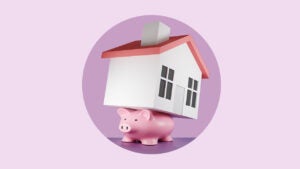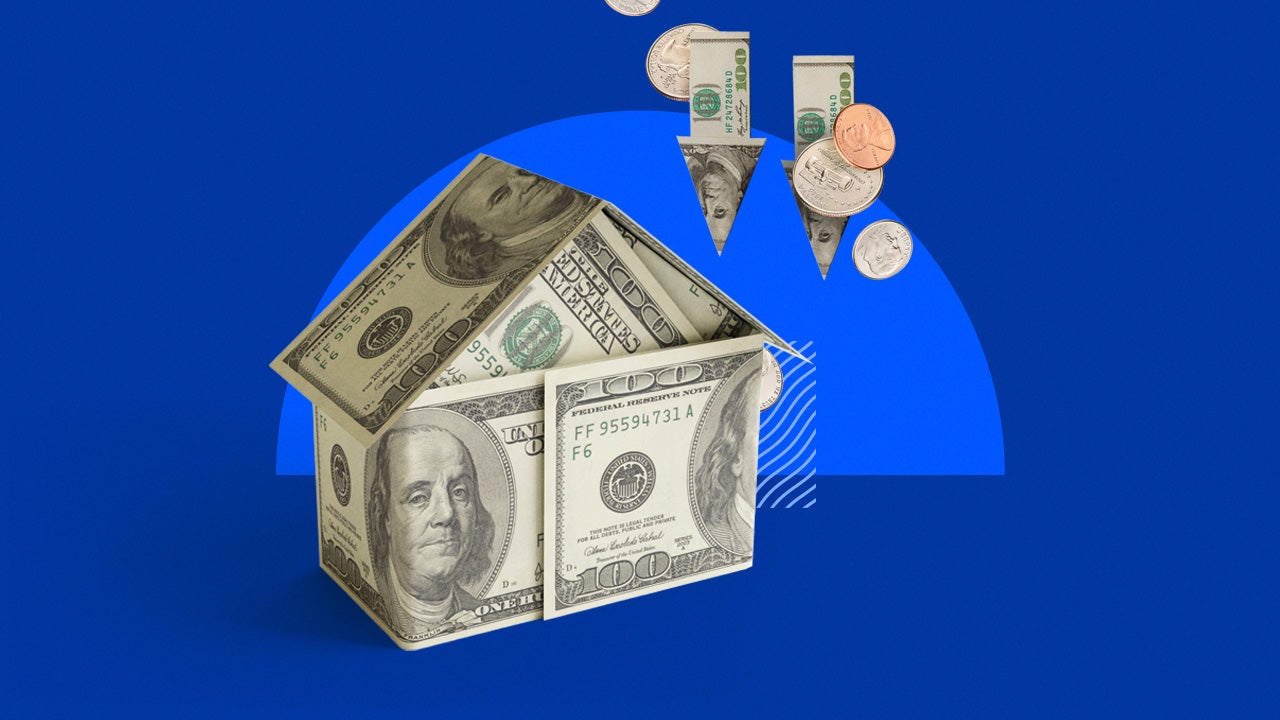What happens when you pay off your mortgage?




Key takeaways
- When you pay off your mortgage, look for an email or mailed notice from your loan servicer confirming you’ve fully repaid the loan.
- Your servicer is responsible for letting your local records office know you’ve paid off the mortgage. You can confirm this by contacting the office.
- Although your mortgage is paid off, you’re still required to pay property taxes. This expense might’ve been previously covered by your mortgage escrow account, but once the mortgage is paid, it becomes your responsibility to budget for and manage.
What happens after mortgage payoff?
Here are a few steps you’ll need to take once you’ve paid off your mortgage:
1. Collect documents from your servicer
When you pay off your mortgage, your lender or loan servicer will notify your local records office that you’ve been released from the debt. This process can take several days or even a few weeks, and ultimately removes the lender’s lien on your property.
You’ll also be notified, often by email, mail or both. You might see documents such as:
- A canceled promissory note
- A loan payoff letter
- Property deed
- A certificate of satisfaction or deed of reconveyance
Keep the documents in a secure place, like a safe or safe deposit box.
2. Cancel autopay
If you had automatic withdrawals set up to cover your monthly mortgage payments, make sure to cancel that plan. You might need to contact the bank to do this. Keep an eye on your account for a month or so after you finish making payments to ensure no erroneous payments go through.
3. Track down any escrow refund
If your servicer maintained an escrow account for homeowners insurance and property tax payments, there might be funds left over. You should receive a refund of that money within 20 to 30 days of your final mortgage payment.
4. Update your homeowners insurance
Once your mortgage is paid off, you’ll need to update your homeowners insurance policy to remove the mortgagee clause, which entitled your lender to reimbursement if the home was damaged or destroyed.
If you choose to continue maintaining coverage, you’ll also be responsible for paying the premiums on your own moving forward.
5. Pay your own property taxes
If your servicer took care of property taxes out of an escrow account, you’ll need to make arrangements so that you receive those tax bills directly. Depending on where you live, you might receive a single, annual bill from your city, town or county.
6. Contact your HOA, if you have one
If your home is part of a homeowners association (HOA), your mortgage payment might have included HOA dues. If so, make sure you’re prepared to make those payments on your own.
7. Keep an eye on your credit score
After paying off your mortgage, monitor your credit reports until you see the account marked as closed. Typically, it takes between 30 to 60 days for lenders to report the satisfied debt to the credit bureaus.
Keep in mind that when you pay off your mortgage, your credit score might drop slightly because of the reduced credit mix and lowered age of accounts. It might also have a positive effect due to the lower credit utilization.
7. Revisit your budget
Now that your mortgage is paid, consider what you might do with those additional funds. Here are some ideas:
- Boost your emergency savings
- Pay off other debt
- Increase retirement contributions
- Save for a child’s college education
- Invest in other ways, like stocks, gold or real estate
It’s smart to look ahead to next April, too. If you were deducting mortgage interest, you’ll no longer benefit from that on your tax return, which could increase your liability.
FAQ
Why we ask for feedback Your feedback helps us improve our content and services. It takes less than a minute to complete.
Your responses are anonymous and will only be used for improving our website.




